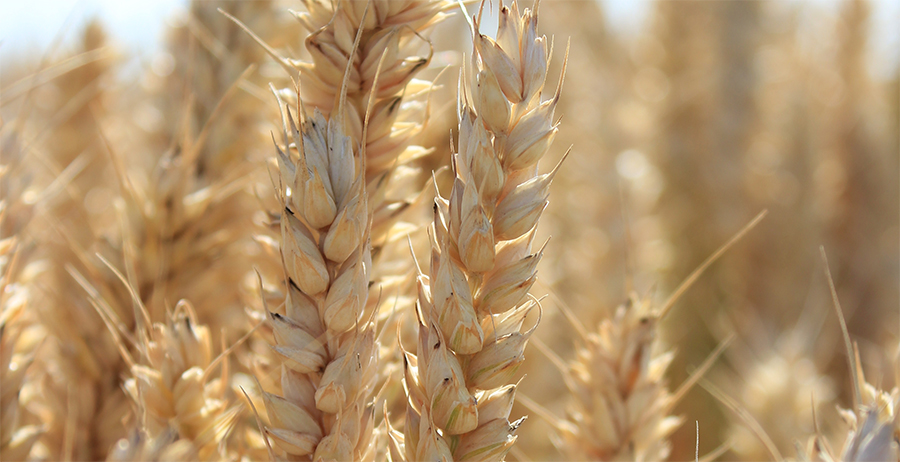
The bioethanol market is calling on the government to provide greater certainty to UK farmers by pushing forward with the introduction of E10 fuel, which will cultivate an alternative domestic market for their produce.
The government is being asked to increase the ethanol blending ratio in petrol from current levels (5%) to 10%, through the introduction of greener fuel, E10.
Vivergo Fuels, one of the UK's largest bioenthanol producers, takes up to 100,000 tonnes of animal feed grade wheat each month to create its ethanol, which is then blended into petrol.
The company operates a £350m plant at Salt End near Hull, and says E10 can play an even bigger role, helping boost the UK economy by supporting UK farmers and UK jobs, as well as helping to meet strict and legally-binding environmental targets.
'Allow farmers to sell wheat in the UK'
Mark Chesworth, Managing Director of Vivergo Fuels, said: “It is essential that the UK government is supportive in terms of increasing the current bioethanol blending ratio in UK petrol, so that the industry can provide a long term, sustainable and secure domestic market for UK farmers. Increased demand for bioethanol will allow farmers to sell their wheat in the UK instead of exporting, increasing their earnings. This in turn will benefit the wider UK economy and support jobs throughout the supply chain, further boosting UK industry.”
National Farmers Union President, Meurig Raymond, said: “The UK biofuels industry is incredibly beneficial to farmers across the country, as it adds value to grain and oilseeds for feed and fuel markets. The process ensures that animal-grade wheat is bought at a fair price, and the bi-product of animal feed creates a collaborative process that benefits both the farmers and the biofuels industry.”
By 2020, all European countries, including the UK, must ensure that 10% of transport fuel is sourced from renewable sources to reduce transport’s environmental impact, which is increasing year-on-year. This mandate is parallel to the UK’s own strict carbon reduction goals.
"E10 will help to reduce global emission levels, mitigate the rapid rate of climate change, and improve air quality," Mr Chesworth concluded.
